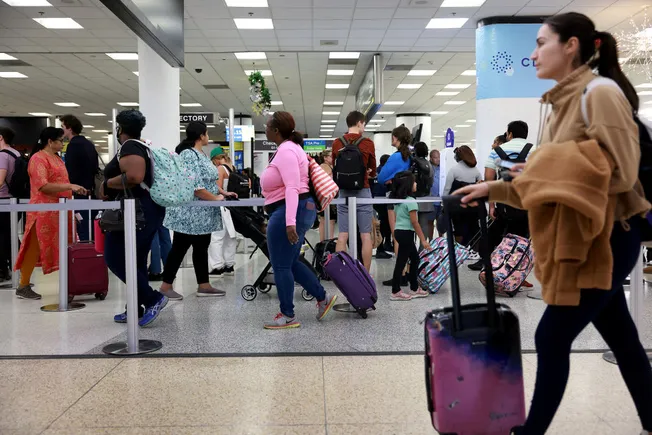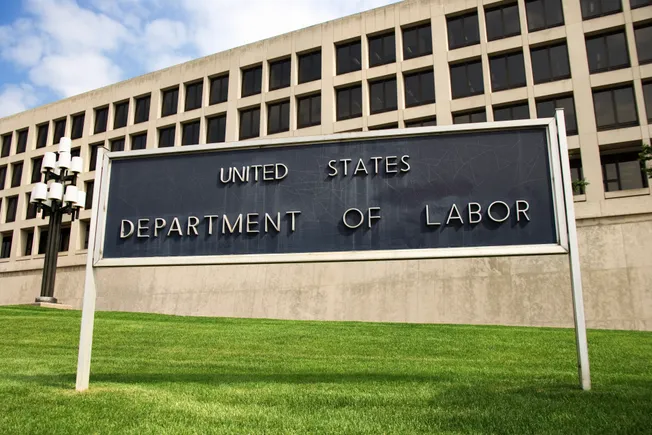Dive Brief:
- The 5th U.S. Circuit Court of Appeals on Friday vacated the U.S. Department of Labor’s final rule updating its tip credit regulations under the Fair Labor Standards Act.
- DOL’s rule sought to clarify that work which directly supports tip-producing work may only be considered part of an employee’s tipped occupation if that work is not performed for a “substantial amount of time.” The court held that the final rule applied the FLSA’s tip credit in a manner inconsistent with the law’s text and is arbitrary and capricious within the meaning of the Administrative Procedure Act.
- Specifically, the 5th Circuit held that the final rule “draws a line for application of the tip credit” that “discounts many core duties of an occupation when those duties do not themselves produce tips.” The decision overturned a ruling for DOL by a Texas district court. DOL referred HR Dive to the U.S. Department of Justice, which did not immediately respond to a request for comment on the case.
Dive Insight:
The court’s decision represents the latest update in a decade-long regulatory scrap over the proper method by which to determine whether employers may take a tip credit toward their obligations to workers who perform both tipped and untipped work, also known as “dual job” workers.
In the most recent final rule, originally proposed in 2021, DOL stated that tipped workers perform directly-supporting work for a substantial amount of time if the work either exceeds 20% of the worker’s hours during the workweek, or if it is performed for a continuous period exceeding 30 minutes. Observers refer to this as the “80/20” guidance.
Plaintiffs in the Restaurant Law Center suit challenged the final rule in part because they alleged that DOL improperly considered whether an employee’s duties are related to the pursuit of tips instead of whether they are related to the worker’s overall occupation. The 5th Circuit agreed, holding, for example, that restaurant servers who bus and set up tables are engaged in their occupations whether or not they are tipped for those duties.
The 5th Circuit also noted the role that Chevron deference played in the district court’s decision. That court held that DOL’s interpretation of “engaged in an occupation,” a term in the FLSA’s text, was entitled to deference under the U.S. Supreme Court’s precedent in Chevron USA Inc. v. Natural Resources Defense Council. But the high court has since overturned Chevron, meaning courts do not automatically defer to agency interpretations of ambiguous statutes.
“While the district court was of course correct to apply the Chevron framework at the time of its decision, the Supreme Court’s intervening opinion […] requires us to depart from the district court’s analysis at the very start,” the 5th Circuit said. “We must parse the text of the FLSA using the traditional tools of statutory interpretation.”
Paul DeCamp, member of the firm at Epstein Becker Green and counsel for the plaintiffs in the case, told Restaurant Dive, a sister publication of HR Dive, in an email that while the 5th Circuit’s decision “was certainly possible before the rejection of Chevron […] our case became stronger as the deference owed to the Department receded.”
DeCamp said he anticipates far fewer cases over alleged violations of DOL’s final rule in the near-term. “Now, at least under federal law, businesses have more freedom to assign tasks to the roles for which they are a more natural fit, and to pay the tipped wage for that work,” he added. “This change should make scheduling less challenging for businesses, while also reducing the recordkeeping burdens.”






Leave a Reply